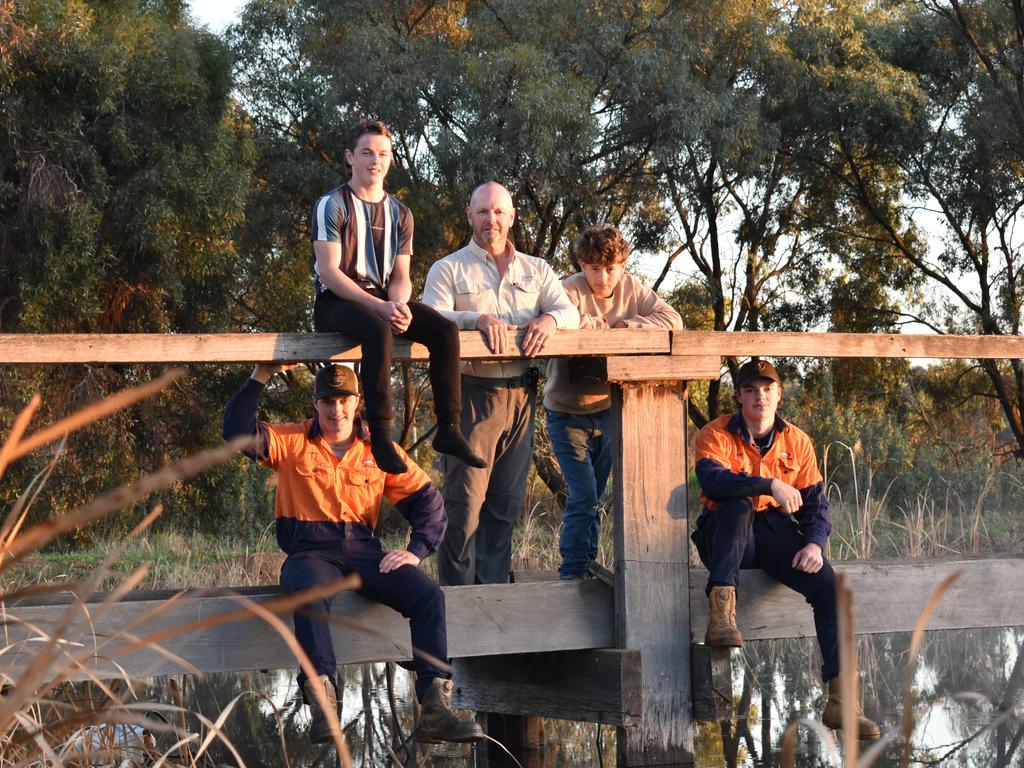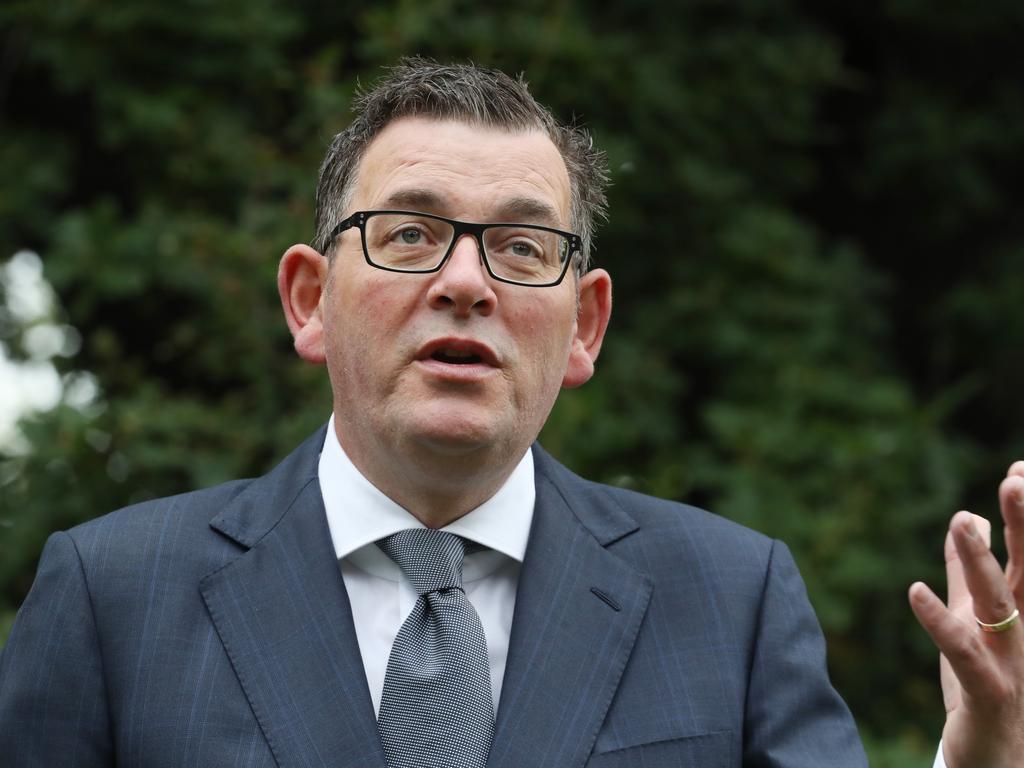Unions ‘$350m windfall from funds for workers
Unions have pocketed more than $350m over a decade from worker, training, redundancy and other employee-entitlements funds.

Unions have pocketed more than $350m over a decade from worker, training, redundancy and other employee-entitlements funds, which employers fear could be expanded under the Albanese government’s next wave of industrial relations reforms.
New analysis of Australian Electoral Commission data reveals union-linked entitlement funds, set-up to hold money on behalf of workers for their benefit, have paid an average of $32m per year to unions between 2011-12 and 2021-22.
The CFMEU ($189m), AMWU ($54m), CEPU ($48m), ETU ($28m) and AWU ($16m) have reported significant increases in annual payments over the decade compared with the $25m-a-year average recorded over five years to 2016.
The majority of payments came from redundancy funds (46 per cent), training funds (29 per cent) and income protection or insurance funds (19 per cent). Funds in the construction sector, which industry sources and the Coalition say are effectively unregulated, are now worth more than $2bn.
Ahead of the Albanese government’s next round of IR changes, due in the second half of the year, employers have raised concerns with The Australian that more businesses could be forced to pay into union-linked entitlement funds.
Industry sources said a consultation paper released last month on “employee-like forms of work and stronger protections for independent contractors” was laying the ground for collective-bargaining and enterprise bargaining agreements requiring payments to entitlement funds.
Under the guiding principle of giving all workers access to minimum rights and protections, the consultation paper said this included “access to freedom of association and dispute resolution”.
The paper, which industry figures believe draws independent contractors into EBAs, said the Fair Work Commission could be directed to “make minimum standards in respect of, but not limited to: workplace conditions, such as portable leave, rest breaks … (and) training and skill development”.
ETU acting national secretary Michael Wright told the Sydney Morning Herald in January that the construction industry had “fostered portable long-service leave and income protection entitlements, meaning that union members were negotiating benefits that didn’t begin and end with one employer”. Mr Wright said he was hopeful the new multi-employer bargaining laws “could spread portable entitlements throughout the economy and heighten the benefit of union membership”.
The Australian understands the government’s focus is gig-economy workers and those being paid under the minimum wage, as well as empowering the Fair Work Commission to make decisions.
With consultations running for another two to three months and no final details settled, Workplace Relations Minister Tony Burke on Tuesday told The Australian the government “is on the side of ending the race to the bottom on wages and conditions”.
“As always, the Coalition is on the side of driving rates of pay down,” he said. “This year we decide whether we’ll continue to be a country where workers in areas like food delivery can be paid less than the legal minimum based on an archaic idea that only employees are allowed to have minimum standards.”
Board members at Australia’s biggest and oldest workers’ entitlement scheme, Incolink, include CFMEU Victorian state secretary John Setka and national Plumbing Trades Employees union boss Earl Setches. Master Builders Victoria, Master Painters and Master Plumbers are also Incolink stakeholders.
Opposition workplace relations spokeswoman Michaelia Cash said “any entitlement fund must be used for the benefit of employees and not to line the pockets of the Albanese government’s union donors”.
Senator Cash said the government must “ensure that workers’ entitlements funds are used appropriately”.
“The government has already changed a series of laws to benefit its union mates, and this discussion paper shows that they intend to go much further,” she said.
The former Coalition government introduced legislation to better regulate these entitlements funds, however, these changes were unfortunately opposed by Labor,” Senator Cash told The Australian.
CFMEU national secretary Zach Smith hit back at criticism of entitlement funds and said “the sector is already heavily regulated by ASIC and others and every payment that’s made, to unions and to employer groups, is accounted for and scrutinised”.
“It’s shameful that there are bosses who can look out at the current chaos in the construction sector – builders going bust weekly, workers sacked, subcontractors left deep in debt – and think their petty bugbear is still the area to focus on,” Mr Smith told The Australian.
Ahead of last year’s federal election, The Australian revealed the nation’s largest employer groups were concerned that Labor’s secure jobs plan could force business to pay billions in entitlements each year into new union-linked funds, driving up costs for companies and consumers.
The Australian Industry Group, Business Council of Australia and Master Builders Australia sounded the alarm on Anthony Albanese’s Secure Australian Jobs Plan, which committed Labor to consultations on new portable entitlement schemes “where it is practical”.
Under a portable funds model, Australians who work as independent contractors could have access to employer-funded entitlements including long-service leave, annual leave and sick leave.








To join the conversation, please log in. Don't have an account? Register
Join the conversation, you are commenting as Logout